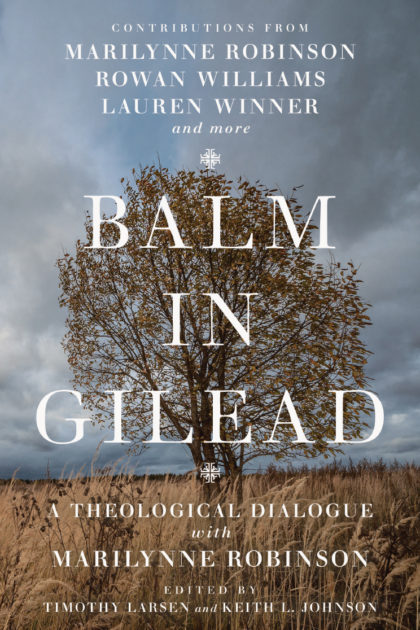The praise that pours forth from the lips of [John] Ames and Augustine, moreover, is particular. No vague thanks here. There is an earthiness to these confessions: "You called and cried out loud and shattered my deafness. You were radiant and resplendent, you put to flight my blindness. You were fragrant, and I drew in my breath and now pant after you. I tasted you, and I feel but hunger and thirst for you. You touched me, and I am set on fire to attain the peace which is yours" [Augustine, Confessions 10.27.38]. This … [Read more...] about The praise that pours forth from the lips of . . . [Balm in Gilead / Summer Read…Quote…Reflect Series]
Confessions
Restless is our heart . . .
. . . restless is our heart until it comes to rest in thee . . . —Augustine, Confessions.[1] … [Read more...] about Restless is our heart . . .
Faith and Reason, Part 2: Augustine
Frequent ESN contributor and Graduate & Faculty Ministries Staff Mark Hansard returns with Part 2 of a summer series on faith and reason. As you may remember, Part 1 took a brief look at a Scriptural basis for using reason and logic. We're always happy to share Mark's thoughtful writings. Interested in reading more by Mark? You can explore his thoughts on learning about godly scholarships through Hebrews, his popular posts on The Fruit of the Spirit in Academia, or all of his literary and theological … [Read more...] about Faith and Reason, Part 2: Augustine
James K.A. Smith on “Liturgical Discipleship”
Discipleship, becoming Christ-like, empowered by the Spirit to image God to the world is not magic. Nor is it merely intellectual. It's a matter of re-forming our loves, re-narrativing our identities, re-habituating our virtue. And that is centered in the practices of the people of God gathered by the Spirit around Christ's Word and the table. Love takes practice. Worship is our gymnasium. . . . -- Conclusion to James K.A. Smith's presentation Liturgical Discipleship: Worship as the Center of Spiritual … [Read more...] about James K.A. Smith on “Liturgical Discipleship”
Late Have I Loved You
http://www.youtube.com/watch?v=vxaCs3vRpG0 In last night's Christian Devotional Classics (Evangelical Seminary) a fellow student shared how much he appreciated Gungor's "lifting" of the words of Augustine's Confessions in Late have I loved you. As you may remember Augustine's Confessions won ESN's Best Christian Book of All Time and this is a beautiful selection from the text. Belatedly I loved thee, O Beauty so ancient and so new, belatedly I loved thee. For see, thou wast within and I was without, and I … [Read more...] about Late Have I Loved You



